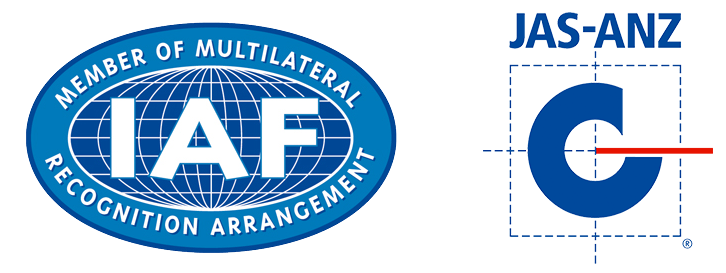The Advantages of Investment Casting Technology
The Advantages of Investment Casting Technology

Precision casting, an increasingly popular production method in the industry, is the focus of this article. We will examine the advantages offered by precision casting technology and explore why this method is preferred.
High Precision:
Precision casting offers much higher precision compared to other casting methods. Specially designed molds used in this method allow for the precise and accurate production of parts with complex geometries. This enhances the quality of the final product and meets the required tolerances.
Good Surface Quality:
The molds and casting materials used in precision casting enable the achievement of smooth and homogeneous surfaces. This reduces the need for additional processing and allows for high-quality results without the requirement for post-finishing steps.
Wide Material Options:
Precision casting allows for the use of various materials. Materials such as metal alloys, ceramics, and polymers can be successfully utilized in precision casting. This expands the application range and enables its usage in various industries.
Production of Complex Parts:
Precision casting is ideal for the production of parts with complex geometries and intricate details. This method enables the production of parts requiring high detail as a single piece. As a result, the assembly process is simplified, the number of parts is reduced, and structural integrity and accuracy are improved.
Design Freedom:
Precision casting provides designers with great freedom. Complex geometries, nested parts, thin walls, and holes are made possible with precision casting. This enhances the aesthetic appearance and functionality of products.
Cost and Time Savings:
Precision casting offers cost and time savings due to minimal processing requirements and high production efficiency. Precision casting produces parts that are close to the final shape, reducing processing steps and shortening production time. This lowers costs and allows businesses to achieve more efficient production.
Minimal Material Waste:
Precision casting minimizes material waste. Directly producing parts close to their final shape optimizes material usage and reduces waste. This enhances compliance with sustainable production goals.
Single-Piece Production:
Precision casting enables single-piece production. The ability to produce complex parts in one go ensures compatibility between parts and facilitates the assembly process. Additionally, it eliminates potential weak points that may arise from joining points.
Flexibility:
Precision casting allows for quick adaptation to changes in production and easy production of new designs. This makes the production process faster and more competitive.
Quality Control:
Precision casting enables various testing and inspection methods for high-quality control. Checking the properties of parts ensures compliance with desired quality standards. This increases customer satisfaction and ensures product quality.
Conclusion:
Precision casting technology is a preferred production method in the industry due to its many advantages. High precision, good surface quality, wide material options, production of complex parts, design freedom, cost and time savings, minimal material waste, single-piece production, flexibility, and quality control are just some of the advantages of this method.
Precision casting is a continuously evolving technology used in different industries. With further innovations and improvements, it is expected that the advantages of precision casting will increase, and its application will expand in the coming years.

